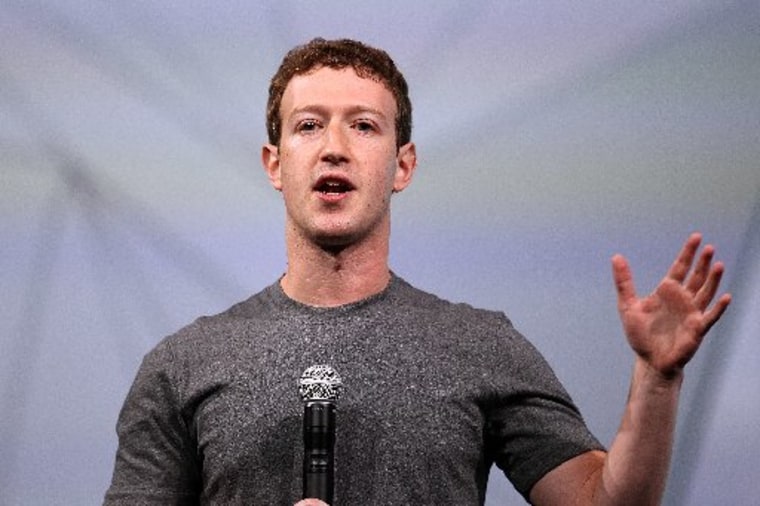As Silicon Valley’s wunderkinds outgrow their hoodies, tech companies are seeking new ways to land and retain talent.
Forget the foosball table in the lobby and the beer Kegerator in the community kitchen. The newest crop of perks — paid parental leave, backup day care, student loan repayment assistance — reflect both the more adult preoccupations of today’s workers and the tech industry’s efforts to shed its reputation as a boys’ club.

“The market is incredibly hot, particularly for technology people,” said Dave Carvajal, CEO of Dave Partners, a technology executive recruitment firm. “Companies are having triple-digit, year-over-year growth in terms of revenues, and that usually requires them to double in size in terms of people.”
While earlier cycles of technology innovation were driven by hardware and products, today’s startups are more likely to be focused on mobile applications, services or software development. Without the overhead of manufacturing, the bar to entry is much lower and entrepreneurs can raise enough capital to start hiring more quickly.
“The cost of capital has gone down over the last 15 years,” said Mehul Patel, CEO of Hired.com. “It takes less and less money to get a technology company off the ground, so what really becomes important is being able to find talent.”
Vincent Antonelli, a senior consultant at HR consulting firm Towers Watson, said many tech companies have reached parity on salary structure, as well as more run-of-the-mill benefits like health insurance and 401(k) matching. Offering unusual perks helps them stand out.
“The thing I love about perks are that you can use them to target discrete employee segments,” he said.
Pooch Perk: More Companies Embrace Pet-Friendly Office Policy
In this case, that usually means millennials, who are reshaping the compensation landscape as both employees and entrepreneurs. To compete, tech companies have seriously upped the ante in the perks arms race, particularly when it comes to parental leave.
For instance, Facebook recently announced that it was expanding its four months of paid parental leave to include workers outside the U.S., shortly after founder and CEO Mark Zuckerberg became a first-time father.
Netflix announced unlimited parental leave in August, to go with its unlimited vacation policy. Microsoft more than doubled its paid maternity leave from eight weeks to 20 the same month.
The movement really picked up steam in November: Adobe expanded its parental leave to 26 weeks for new moms, Amazon bumped its up to 20 weeks and music streaming service Spotify announced that its employees could take six months.
“With our expanded policy, we can better support our people across a spectrum of age, gender and experience,” Donna Morris, senior vice president of people and places at Adobe, said via email.
With paid parental leave becoming near ubiquitous, companies are adding sweeteners to the generous paid-time-off policies.
Real estate platform Zillow Group, for instance, announced in November that in addition to 16 weeks of paid maternity leave — an increase from 12 weeks — plus eight weeks paid parental leave for all employees (such as new dads), it is offering a $1,000 “baby bucks” stipend.
“Our employee population is starting and building families,” said Zillow Group COO Amy Bohutinsky, “Many … find themselves making a choice between balance and their career path. The objective (is) having them stay at the company longer and build careers.”
As Millennials Seek Work-Life Balance, Is U.S. Ready for 6-Hour Workday?
Many tech companies are actively courting women and new mothers in particular, both to acquire skilled workers and to ditch the “fraternity row” culture that has characterized much of the industry.
IBM, for example, said in July that breast-feeding moms on business trips would be able to ship breast milk home for free. Other companies have offered to pay for female employees to have their eggs frozen, or for nannies to accompany working new moms on business trips.
Consulting company Accenture is among those making overtures to moms to be, announcing in March that it would double paid maternity leave to 16 weeks.
“We’ve made a very big commitment to gender equality at Accenture, and in order to do that you have to look at almost every part of your organization (and) think about what it takes to make sure that you can have that,” said Ellyn Shook, chief human resources officer. “You need to make sure that you have the programs and practices in place... for people to be successful.”
Shook said the additional leave, along with a policy keeping consultants — who often travel for extensive stretches to meet with clients — at home for the first year after having a baby will help keep professionals, particularly women, from feeling as if they must choose between their career and having a child.
Accenture also is one of a number of companies that is adding or expanding on a perk known as backup day care or emergency dependent care. The idea is that if a family's regular babysitter comes down with the flu or a snowstorm shutters the day care but not the office, parents won't have to burn a vacation day so they can stay home and watch their kid.
Experts caution that workers need to evaluate perks to ensure that they aren’t just gimmicks. For example, while “unlimited vacations” — which just stipulate that employees have to clear taking time off with their supervisors — sound great and have gotten more popular, some say the open-ended policy may make employees in ultra-competitive workplaces feel pressure to take even less time off.
Some Great Sounding Work Perks Are Actually 'Golden Handcuffs'
Although experts say the new benefits arms race will eventually benefit workers in other industries, including the blue-collar labor market., for now they are primarily available to white-collar, salaried technology employees.
Bruce Elliott, manager of compensation and benefits at the Society for Human Resource Management, predicts the unemployment rate would have to fall to between 4 and 4.5 percent for the policies to spread dramatically.
"Once we see the job market start to recover a little more robustly... we could start to see these perks bleed down," he said. "I think it's a little bit too early right now."
But some industries that need workers with the same skill sets as tech companies, like financial services and consulting, already are beginning to offer similar perks to compete for top talent.
"As a country, we should be so embarrassed about the lack of support for working parents.”
“We’re actually starting to see this stuff bleed out,” Elliott said. He noted that Credit Suisse bank recently increased paid leave for new parents from 12 to 20 weeks and made nannies available for workers on business trips, while PricewaterhouseCoopers initiated a program to help new hires pay off student loans.
“They’re exploring this new best practices model, and it is starting to get picked up,” agreed Sara Sutton Fell, CEO of FlexJobs.com, adding that she hoped the growing awareness would reach all the way from Silicon Valley to Washington, D.C. “I do hope it trickles into more of the federal guidelines and employment law. As a country, we should be so embarrassed about the lack of support for working parents.”
Adobe’s Morris concurred. “Government mandates for paid leave in America are nearly nonexistent, so it’s up to companies… (to) help ensure employees have the support they need,” she said.
